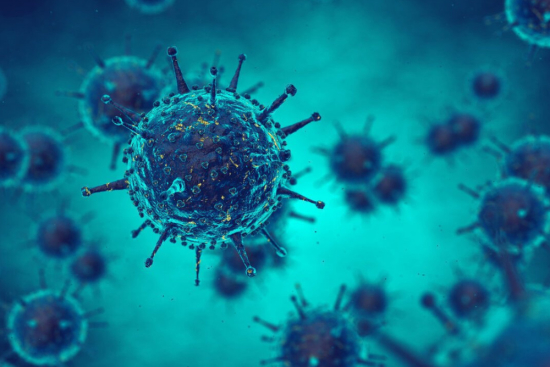Have you ever imagined that your body could become the battleground of a microscopic war? Invisible invaders, smaller than a speck of dust, can infiltrate you and cause sometimes violent disturbances. These tiny saboteurs, called infectious agents such as viruses or bacteria, multiply at a dizzying rate, diverting your body's resources to their benefit and making you sick.








